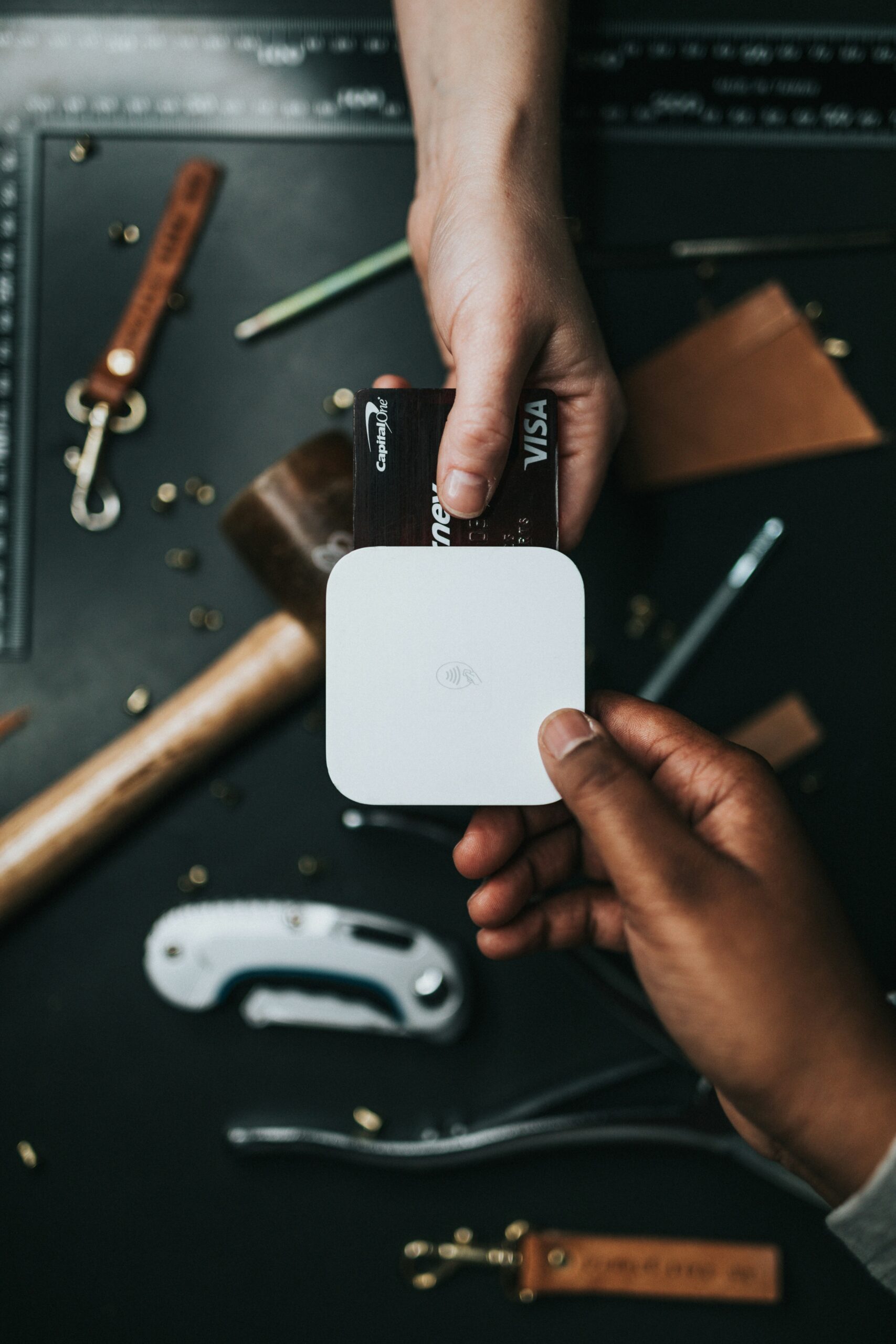New Dogs and Old Tricks
The Alchemy of Creating New Accountants
Let’s talk about a curious phenomenon in the accounting world, and that’s the alchemy that turns bright-eyed young professionals (your “new dogs”) into seasoned, stoic accountants, well-versed in the age-old methods (your “old tricks”). It’s like handing a pup a quill pen and asking it to write a novel: bewildering, fascinating, and sometimes a bit messy. In an industry as traditional as accounting, this blend of the new and the old is where the magic, or occasional mayhem, happens.

The Eternal Struggle of New Dogs and Old Tricks
Every new accountant stepping into a practice brings energy, digital savvy, and a thousand ideas about AI and Bots. Yet, they quickly discover that not all of their shiny skills translate directly into the day-to-day accounting grind. Accounting firms, especially in the UK, remain anchored by centuries of hard-earned knowledge, regulatory acumen, and the practical wisdom of practitioners who remember the thrill of balancing ledgers before Excel.
Why, then, do we insist on teaching “new dogs” these “old tricks”? The answer, of course, is nuanced. These tricks have proven reliable, and they’re the foundation on which modern accounting is built. But there’s an unavoidable question hanging in the air: how effective is this transfer of knowledge in an age where change is the only constant? Are we training new professionals to thrive, or merely to survive in a rapidly digitised world?
Assimilation or Annihilation?
Here’s where it gets fun. Studies show that as many as 70% of UK accountants see digital skills as a priority for new hires, and they value tech-savvy as much as classic accounting chops. However, according to a report from the ICAEW (Institute of Chartered Accountants in England and Wales), around 45% of firms admit they struggle to integrate these skills effectively with traditional practices. It’s as if we’re trying to graft the brain of an AI onto a Victorian adding machine.
So, how well is this alchemical fusion of old and new going? It’s like trying to get a dog to chase an Excel spreadsheet instead of a ball: yes, it’s possible, but it’s going to need a LOT of treats and patience.
The Paradox of New Technology and Old Practices
Now, let’s zoom in on this tech-driven paradox. New accountants come equipped with a digital-first mindset; they speak fluent “app” and can diagnose data flows faster than the average practitioner can say “double-entry bookkeeping.” Yet, in many firms, they’re taught to slow down, check their work, manually verify entries, and confirm every detail, a practice honed long before bots promised us automation nirvana.
Is this the best way to channel their skills, or does it merely frustrate the “new dogs” while baffling the “old”? A Deloitte study noted that 87% of young accountants express frustration when they can’t leverage tech to simplify their work. It seems that the pressure is on: these young professionals want to use their time on high-value advisory work, but they’re often tasked with a host of mundane responsibilities.
Are we grooming the next generation of accountants, or are we inadvertently creating a pack of tech-savvy, yet uninspired, ledger guardians?
Learning from Both Ends of the Leash: A Recipe for Alchemy
So, what’s the solution? The secret to a harmonious workplace (and creating the accountant of the future) lies in cross-training, mentorship, and open-mindedness (for both sides). Imagine pairing each fresh recruit with an industry stalwart who can teach them the ropes—the useful ones, anyway—while learning a thing or two about the marvels of AI.
For instance, consider this: if every seasoned accountant took time to explore just one automation tool, and every new hire invested effort in understanding the why behind the figures, imagine the synergy. New accountants would feel respected, old ones would feel relevant, and firms could finally bridge the digital divide while building loyalty across generational gaps.
Questions to Ponder
1. For the Old Dogs: Are you open to learning a few tricks from the new dogs? A fresh perspective on Bots and AI or a new take on workflow efficiency could surprise you.
2. For the New Dogs: Are you willing to respect and learn the processes that have sustained the industry for decades? What hidden wisdom might be lurking in these old tricks?
3. For the Firms: Are you creating an environment that values both digital innovation and traditional expertise? Is your team prepared to make “alchemy” a reality?
Embracing the Alchemy
As firms in the UK continue navigating the transformation of the accounting landscape, let’s remember: you absolutely can teach new dogs old tricks, if you’re willing to mix in a few new ones along the way. The true magic happens when each generation acknowledges the value the other brings. So, whether you’re a young pup or a seasoned pro, there’s room in the kennel for a little learning, a little patience, and a lot of change.
Sources referenced in the article:
1. ICAEW Report on Digital Skills Integration: This report discusses the challenges UK accounting firms face in integrating digital skills with traditional practices. Digital skills gap: why analytics skills are in demand
2. Deloitte Study on Young Accountants’ Frustrations: This study highlights the frustrations of young accountants when unable to leverage technology to simplify their work. UK accountants are craving more tech skills to take the next step in their careers






Leave A Comment